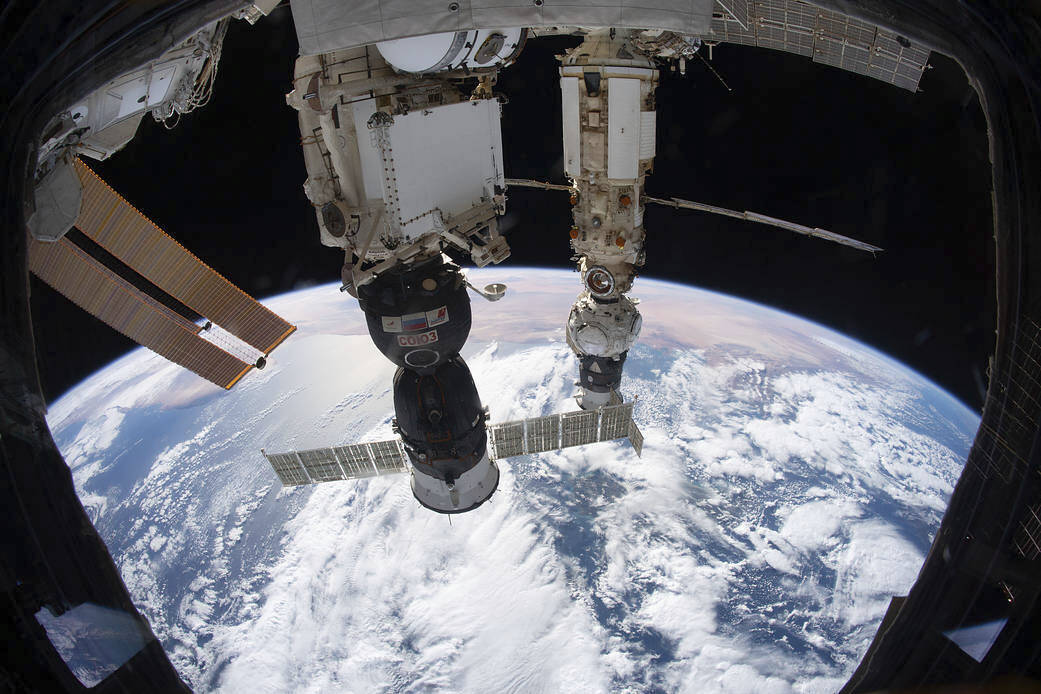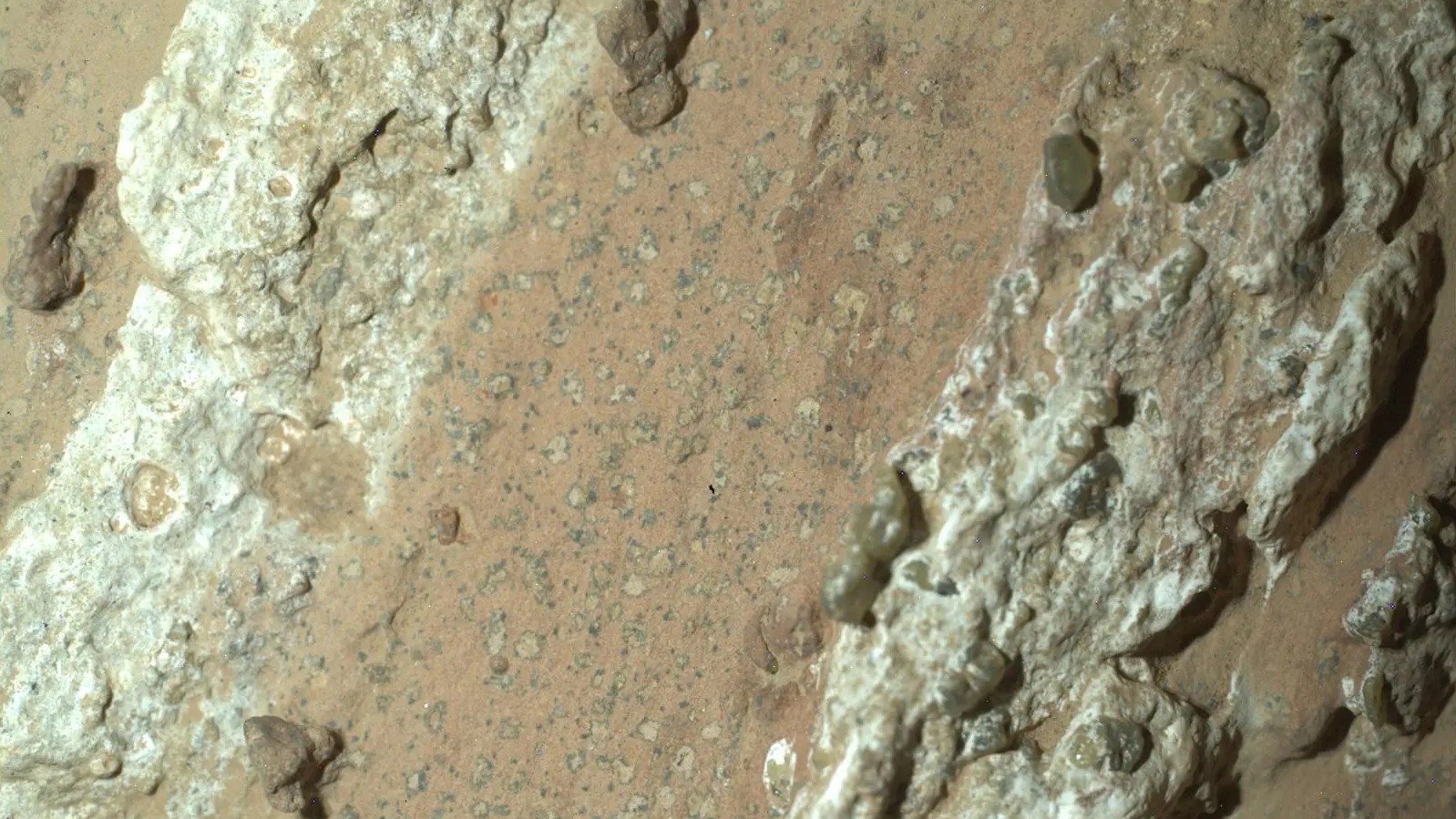Russia will leave the International Space Station after 2024


A free daily email with the biggest news stories of the day – and the best features from TheWeek.com
You are now subscribed
Your newsletter sign-up was successful
Russia on Tuesday announced it would be pulling out of the International Space Station at the end of 2024, bringing an end to "one of the last areas of cooperation between the U.S. and the Kremlin," The Associated Press reports.
The decision will go into effect after Moscow's current commitment expires, notes The New York Times, and has upended the future of the long-running space station, which NASA and others had hoped to continue operating until 2030, AP adds. It's unclear how long the outpost can be kept going without Russia's support, considering the sections run by NASA and Russian space agency Roscosmos are "interdependent," per The Washington Post.
"The decision to leave the station after 2024 has been made," Yuri Borisov, head of Roscosmos, told Russian President Vladimir Putin in a Tuesday meeting. "I think that by this time we will begin to form the Russian orbital station."
The Week
Escape your echo chamber. Get the facts behind the news, plus analysis from multiple perspectives.

Sign up for The Week's Free Newsletters
From our morning news briefing to a weekly Good News Newsletter, get the best of The Week delivered directly to your inbox.
From our morning news briefing to a weekly Good News Newsletter, get the best of The Week delivered directly to your inbox.
Whether or not Russia has formally communicated the withdrawal plans with NASA and other partners is not clear. But Borisov's comments Tuesday are notably in keeping with previous remarks from Russian space officials, AP and the Times report.
The pronouncement also arrives after Russia and the U.S. on July 15 announced they'd struck a deal under which space travelers from one country could travel to the station aboard rockets from another, the Post writes. But perhaps some of that goodwill was squandered after NASA recently criticized Roscosmos for sharing photographs of Russian astronauts "on the space station holding the flags of Russian-backed separatists in two provinces of Ukraine," the Times summarizes.
A free daily email with the biggest news stories of the day – and the best features from TheWeek.com
Brigid Kennedy worked at The Week from 2021 to 2023 as a staff writer, junior editor and then story editor, with an interest in U.S. politics, the economy and the music industry.
-
 The ‘ravenous’ demand for Cornish minerals
The ‘ravenous’ demand for Cornish mineralsUnder the Radar Growing need for critical minerals to power tech has intensified ‘appetite’ for lithium, which could be a ‘huge boon’ for local economy
-
 Why are election experts taking Trump’s midterm threats seriously?
Why are election experts taking Trump’s midterm threats seriously?IN THE SPOTLIGHT As the president muses about polling place deployments and a centralized electoral system aimed at one-party control, lawmakers are taking this administration at its word
-
 ‘Restaurateurs have become millionaires’
‘Restaurateurs have become millionaires’Instant Opinion Opinion, comment and editorials of the day
-
 Russia’s ‘cyborg’ spy pigeons
Russia’s ‘cyborg’ spy pigeonsUnder the Radar Moscow neurotech company with Kremlin-linked funding claims to implant neural chips in birds’ brains to control their flight, and create ‘bio-drones’
-
 NASA’s lunar rocket is surrounded by safety concerns
NASA’s lunar rocket is surrounded by safety concernsThe Explainer The agency hopes to launch a new mission to the moon in the coming months
-
 Blue Origin launches Mars probes in NASA debut
Blue Origin launches Mars probes in NASA debutSpeed Read The New Glenn rocket is carrying small twin spacecraft toward Mars as part of NASA’s Escapade mission
-
 Dinosaurs were thriving before asteroid, study finds
Dinosaurs were thriving before asteroid, study findsSpeed Read The dinosaurs would not have gone extinct if not for the asteroid
-
 Africa could become the next frontier for space programs
Africa could become the next frontier for space programsThe Explainer China and the US are both working on space applications for Africa
-
 NASA reveals ‘clearest sign of life’ on Mars yet
NASA reveals ‘clearest sign of life’ on Mars yetSpeed Read The evidence came in the form of a rock sample collected on the planet
-
 SpaceX breaks Starship losing streak in 10th test
SpaceX breaks Starship losing streak in 10th testspeed read The Starship rocket's test flight was largely successful, deploying eight dummy satellites during its hour in space
-
 Rabbits with 'horns' sighted across Colorado
Rabbits with 'horns' sighted across Coloradospeed read These creatures are infected with the 'mostly harmless' Shope papilloma virus
